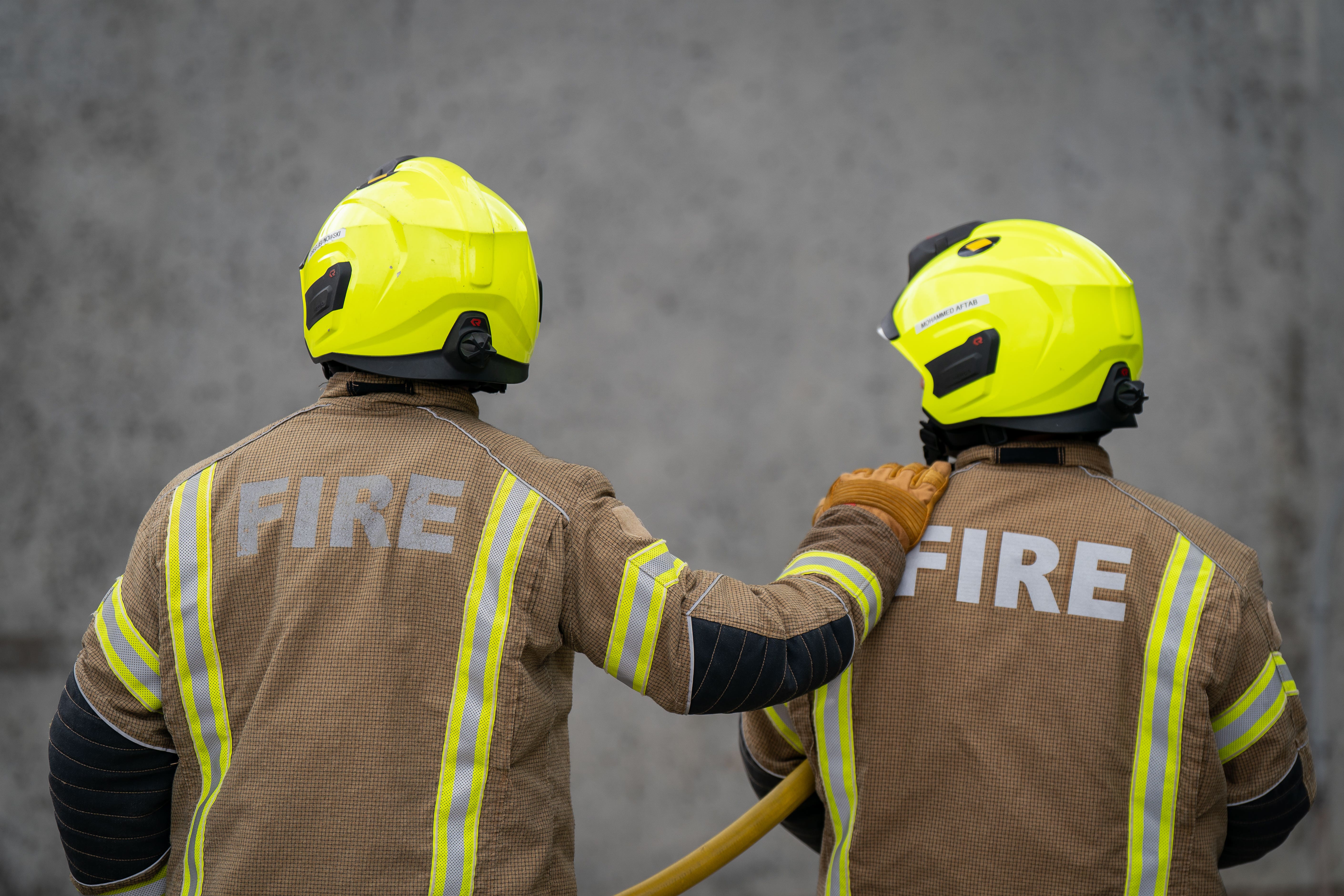Firefighters could become latest to walk out over pay complaints
Firefighters in Scotland have been urged to back strike action after an ‘insulting’ pay rise offer.

Firefighters across Scotland are being urged to back the first strike over pay in two decades after a union blasted a below-inflation deal as “insulting”.
Ballots asking if the Fire Brigades Union should strike will begin dropping through its members doors on Monday, and follows an indicative vote earlier this year which saw the majority of firefighters reject a 5% pay rise.
John McKenzie, the union’s secretary in Scotland, urged his fellow members to back the walk out, and said they have had £4,000 “in real terms eroded from their pay over the last decade”.
“Our members are not prepared to tolerate any further erosion of their living standards,” he warned.
“With inflation soaring to 11% and the price of food, energy and everyday items going through the roof, a 5% offer is an insult to firefighters.”
Earlier this year hundreds of firefighters took their pay campaign to Holyrood, demonstrating outside the Scottish Parliament to call for higher wages and increased staffing.
If the more than 33,000 members of the union across the UK walk out, it would be the first national strike since pension action between 2013 and 2015, and the first on pay since between 2002 and 2003.
Many firefighters and control staff are desperate. Some are struggling to afford to live. It is a dreadful and very serious state of affairs
“Our members risk their lives every day to protect communities and businesses,” Mr McKenzie said.
“The Scottish Government and employers across the UK must come up with a fair offer that fully recognises the cost-of-living crisis if we are to avoid strike action.”
And Matt Wrack, general secretary of the Fire Brigades Union, said strike action was the “last resort” but they were “running out of options”.
“Many firefighters and control staff are desperate. Some are struggling to afford to live. It is a dreadful and very serious state of affairs,” he said.
“It is the responsibility of fire service employers and governments to pay their staff properly. That is part of their responsibility of running the fire and rescue service.”
The Scottish Government have been approached for comment.
If members back striking, with the ballot running from December 5 to January 23, they would be the latest public service in Scotland to take industrial action.
Last week teachers rejected the latest pay offer, paving the way for more strikes in schools.
And National Rail workers in Scotland are also set to walk out in during the festive season, potentially causing chaos across the UK.
Earlier this year 78% of firefighters took part in the indicative ballot with 79% voting to reject a below inflation pay offer of 5%.
A Scottish Government spokesperson said:“Firefighter pay is negotiated through UK-wide collective bargaining arrangements, which includes SFRS as the employer. The Scottish Government is not part of these arrangements.
“We would encourage both sides to continue negotiating to reach a fair deal for firefighters.”
“The Scottish Government has continued the commitment to support SFRS service delivery and modernisation with a further uplift of £9.5 million for 2022-23 bringing the budget to £352.7 million.”
Bookmark popover
Removed from bookmarks